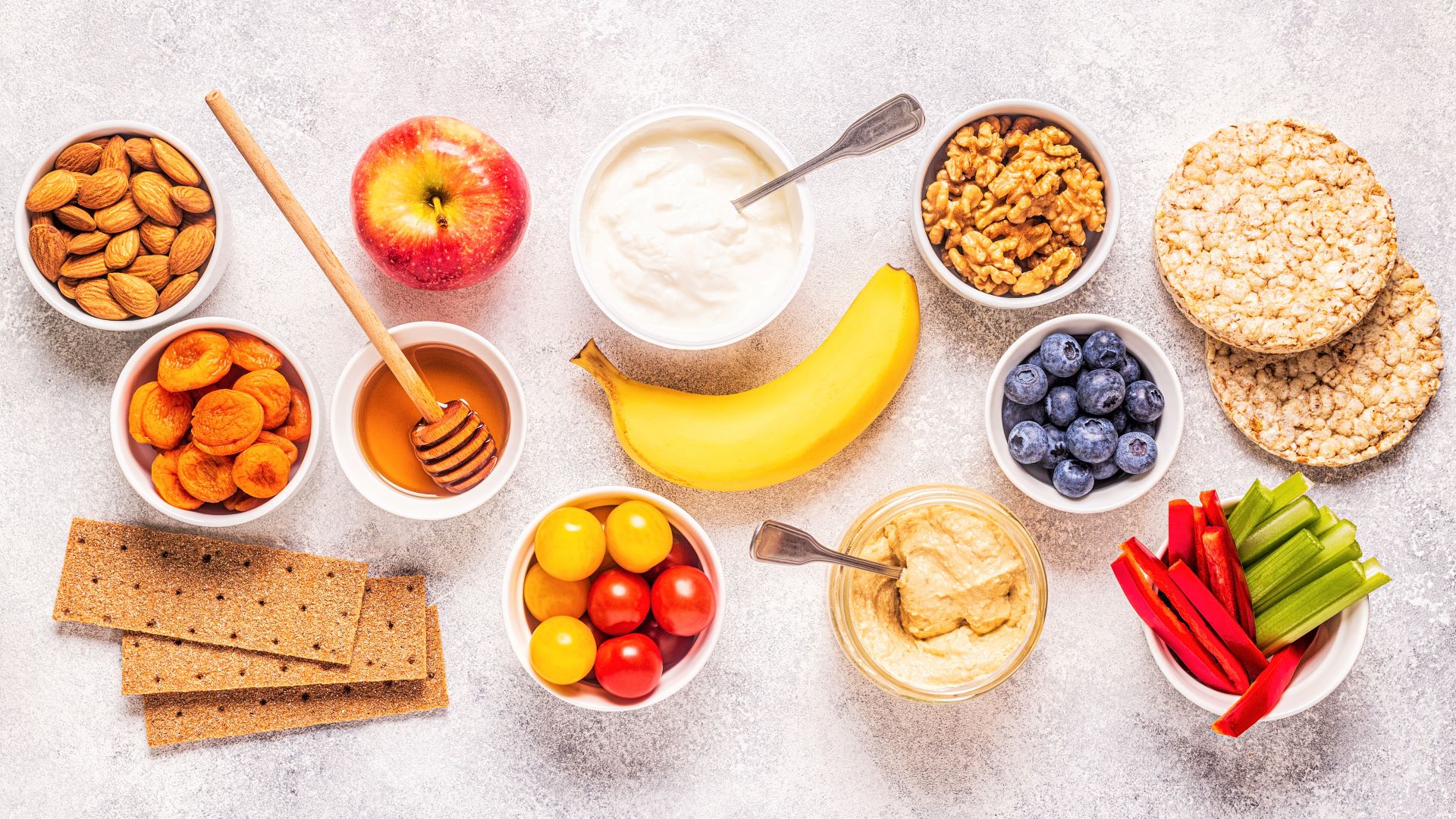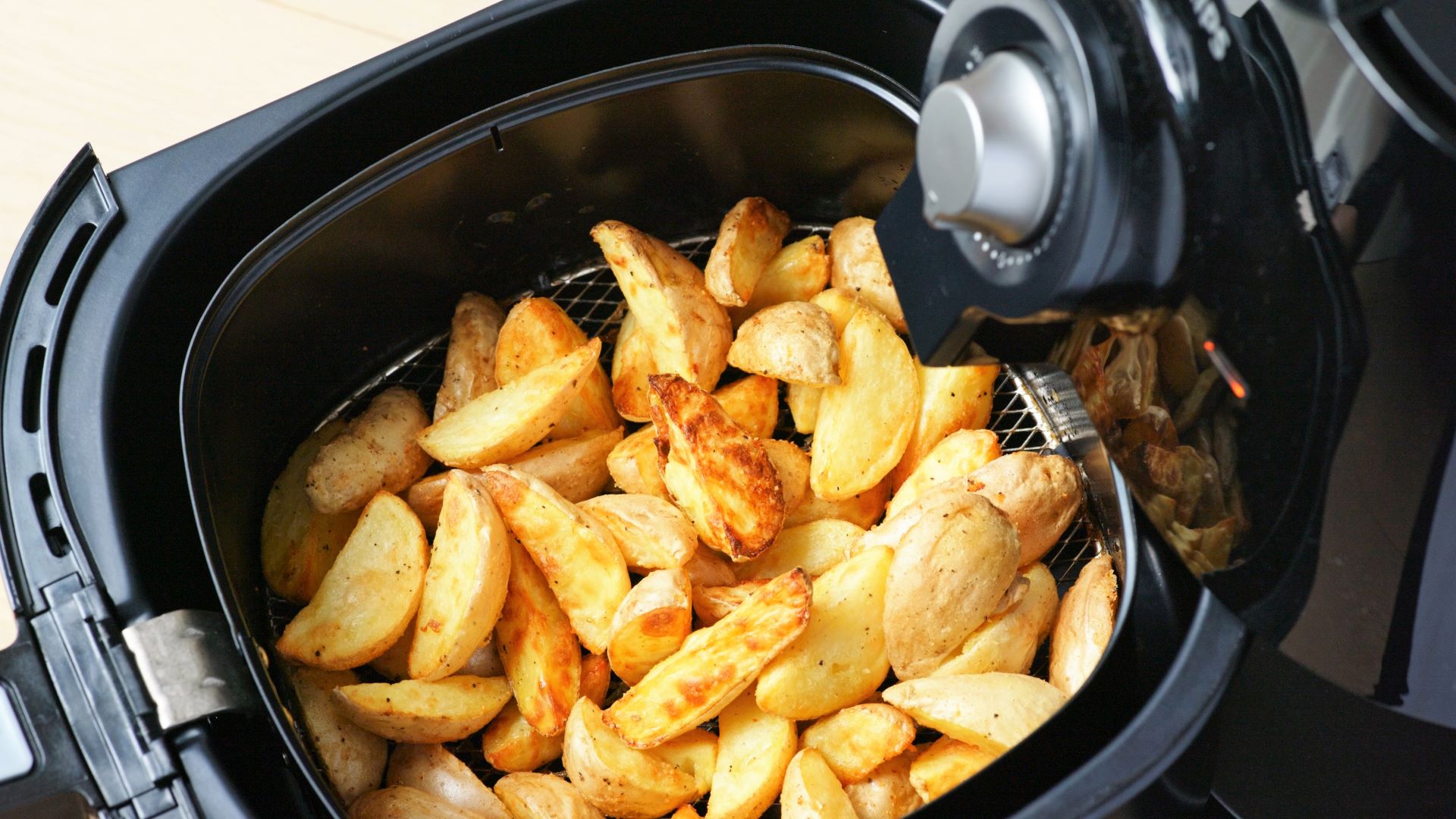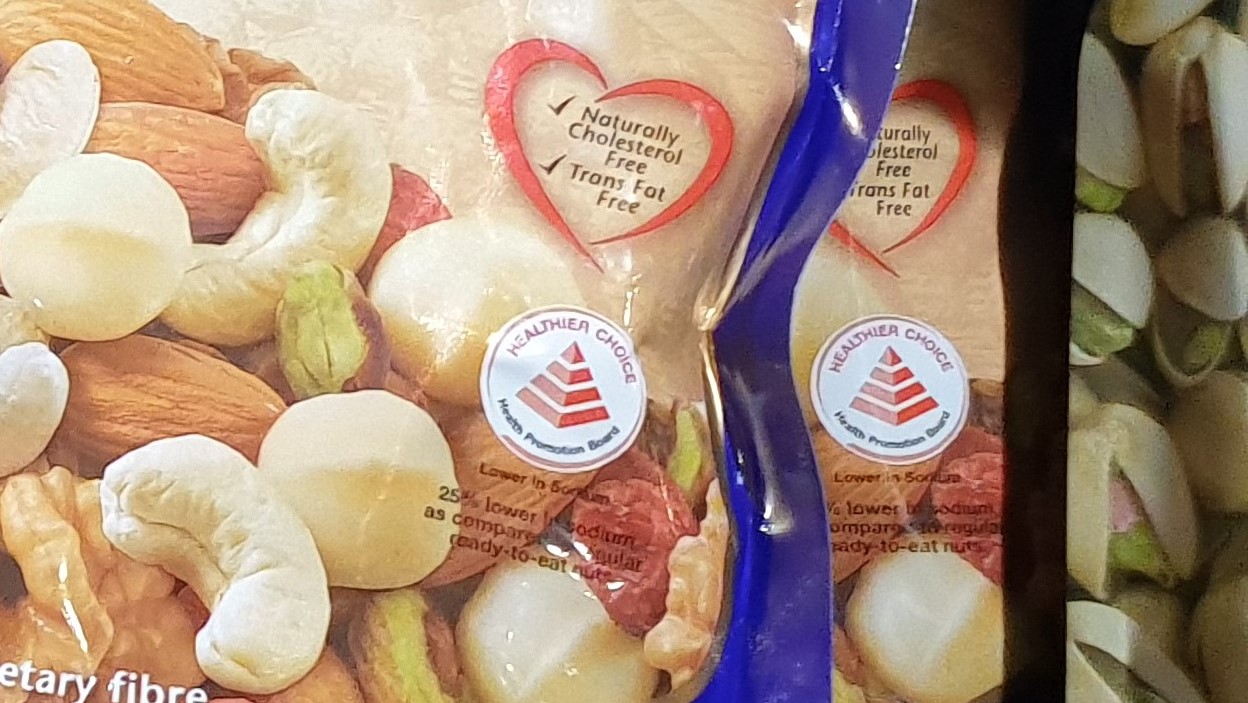
When the munchies strike, instead of reaching for comfort food that’s deep-fried, greasy or sweet, why not include some healthy snacks in your diet?
TEXT: MELODY TAN
PHOTOS: SHUTTERSTOCK
Maybe you’ve made a New Year’s resolution to eat healthy — but it’s the Chinese New Year period and the pineapple tarts are calling out to you. How do you satisfy your desire to indulge, without feeling guilty about increasing your cholesterol levels and risk of diabetes?
Rather than avoiding these treats altogether, it’s better to take a balanced approach by including some healthy snacks in your routine. During a long day at work, snacking can take the edge off your hunger to prevent you from overeating at the next meal, and provide a much-needed energy boost if your blood glucose levels fall sharply.
And if you can’t resist the urge, the Health Promotion Board (HPB) recommends maximising nutrients while minimising calories: Choose snacks that are below 200 calories a serving while providing useful nutrients such as fibre.
Read on for game-changing tips on reshaping your snacking habit into a healthier one — without losing any crunchy or sweet satisfaction.
SUBSTITUTES FOR SUGAR, SALT AND MORE

Home cooking is generally healthier than buying curry puffs and samosas from hawker centres and restaurants – but if you’re overly reliant on deep-frying or reaching out for the salt shaker in your kitchen, you won’t be getting any of the health benefits from preparing your own snacks.
If you’re craving hot, crispy fries, try oven-roasting or air-frying (with very little oil) your own sweet potato fries, which offer more Vitamin A than potato fries. Tip: If using an oven, switch it to convection mode, as the dry and hot air circulation allows for crispier edges.
Once your homemade healthy snacks are done, it’s tempting to salt them as heavily as many eateries do. To avoid hypertension (also known as high blood pressure), try low-sodium salt instead, which substitutes the mineral potassium for about a quarter of the salt content. Potassium tastes similar to salt, but has been known to reduce blood pressure and improve heart health instead.
For sweet treats, healthier, less-processed sweeteners can sometimes offer more complex and satisfying flavours compared to plain white sugar. For example, you can mash dates to sweeten cakes or cookies, or swirl honey into yogurt as a simple dessert instead of reaching for the ice cream.
A SYMBOL TO LOOK OUT FOR

Instead of heading straight for the familiar packaging of old snack favourites at the supermarket, look for a different sign instead: The red-and-white pyramid of the Healthier Choice Symbol (HCS). This indicates that the product is a healthier option that meets HPB’s nutritional guidelines.
This means that the item generally contains less fat (both total and saturated fat), sugar and sodium. Beneath the HCS’ pyramid symbol, you’ll also find a line indicating the main health benefit of the item. For example, if the snack is a bag of dried apricots, you might find a line stating “No added sugar”, or if it’s a box of crackers, the line might read “Trans-fat free”.
For more sinful options like chips and ice cream, the HCS will indicate if a serving is less than 100 calories or 200 calories. (Before dishing it up, don’t forget to check the product’s nutritional information for how big a serving size should be!).
KEEP IT NATURAL
If reading ingredient labels just isn’t your thing — or perhaps you’re in a rush — there’s an even simpler way to make sure you’re biting into some healthy snacks. As the award-winning science and food writer Michael Pollan wrote: “Don’t eat anything your great-grandmother wouldn’t recognise as food.”
This means sticking to snacks that are as unprocessed as possible, such as dried or fresh fruit, nuts and vegetables. Try toasting chickpeas in the oven with just a sprinkle of salt, or slicing up mangoes or papaya for an easy snack. For a spicy Mexican-style twist, drizzle lime juice and a light dusting of salt, chili powder or paprika over the fruit.
He also recommends sticking to items that have five ingredients or fewer, as well as items that have a short shelf life. For example, choose buns that are baked fresh with no preservatives instead of those in the bread aisle of the supermarket with expiry dates that stretch days or even weeks ahead. Not only do these long-life options contain artificial preservatives, they’re also likely to be laden with unhealthy sweeteners such as refined sugar or corn syrup.
Whatever you decide to munch on, it’s important to do so in moderation and with an understanding of your body’s needs. Happy snacking!



